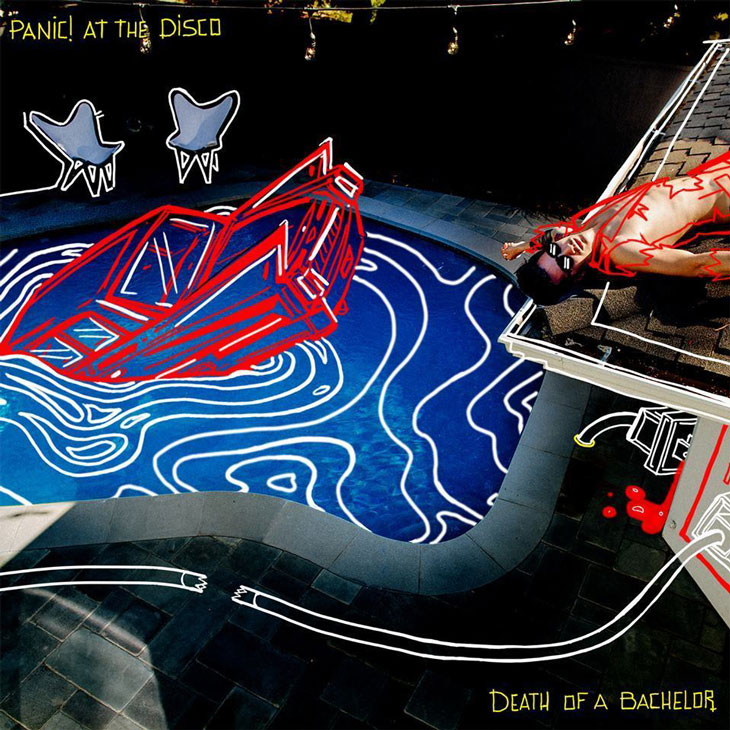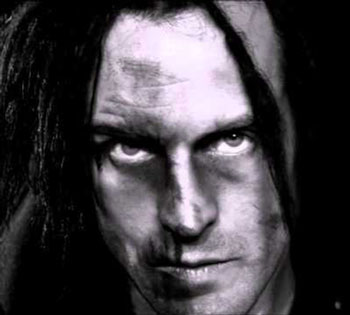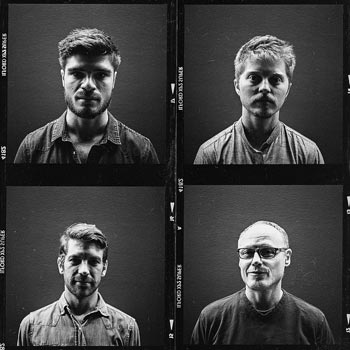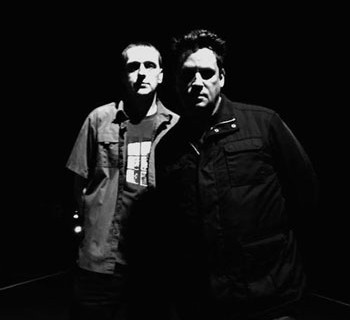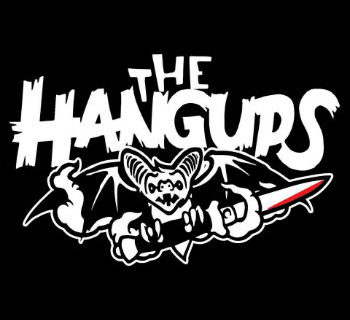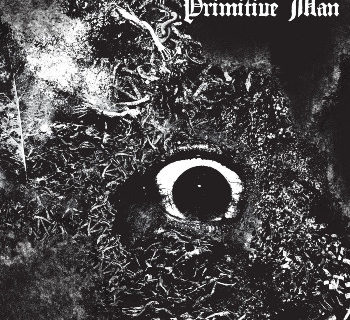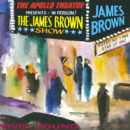Panic! At The Disco
It is pretty fucking sad when insecurity destroys greatness.
From what I have heard of Panic! At The Disco’s work, they have a very distinct sense of voicelessness; they lean on homage to the detriment of their own musical identity. From their first pop punk-but-not-quite-pop punk A Fever You Can’t Sweat Out to the wonderfully unabashed love letter to the late ‘60s, Pretty. Odd., These guys have never had a firm sense of identity. They love to use the voices of others to enhance their own, whether it’s Electric Light Orchestra or Sum 41. That’s fine, if it isn’t abused.
Sampling is an artistic conceit I love a lot. Being able to pinpoint which rhythmic flourishes, drum beats, guitar tones are used to create the songs can be a great way to engage with music on a more thoughtful level. The frankensteining of music, and art in general, is something I adore and do myself. But Panic! at the Disco seems to use the voices of others to compensate for a perceived lack of strength in their own. This borrowing and re-contextualizing gives the impression that Brendon Urie and his band mates aren’t trying to enhance their voice, but replace it. They’re hiding themselves behind the voices of musicians they consider great … or at least, musicians they think will sell.
Death of a Bachelor shows both ends of this spectrum: the first three cuts are something off a 2012-era Fall Out Boy record. “Victorious” is almost comically similar to “My Song Knows What You Did in the Dark,” with banal lyrics about partying and drugs. The second track literally lifts the riff from “Rock Lobster” by the B-52s as Urie does his best impression of Patrick Stump.
It isn’t until the album’s eponymous song, a bizarre mix of electronica and crooner-era ballad, that this album clicked. When the song veers into a Lynchian exploration of being alone, with an implied sway of the hips and a ‘50s nightclub milieu, it feels like something genuinely inventive.
Next comes my favorite song, “Crazy=Genius,” a hard rock bouncer with a big band swing beat and self-effacing lyrics about musical identity. As Urie sings, “You’re like Mike Love/But you want to be Brian Wilson/You’re just like Mike Love/But you’ll never be Brian Wilson,” I get the unusual feeling that I’m hearing Urie himself. He expresses honest fear in his pursuit of artistic integrity and having a voice, but remains unsatisfied and self-abasing regardless. It is one of the few genuine moments that sits well in the album’s pastiche of jazz, punk, and rock.
When the song veers into a Lynchian exploration of being alone, with an implied sway of the hips and a ‘50s nightclub milieu, it feels like something genuinely inventive.
Then “LA Devotee” is just a touched-up song by Sugarcult (ahem, Los Angeles) and I get frustrated all over again.
I should make absolutely clear that I enjoy the hell out of this album in a way very specific to pop music. My body feels compelled to move, and the melodies and hooks are straight earworms. I’ve probably listened to this whole album about 20 times and it’s only been out for a week. It is a viscerally satisfying experience and I enjoy the hell out of listening to it.
But it is not a great album. The music is too unsure of itself in the ways that you don’t hear but are often the most important. The production is so fucking loud so that the instrumental nuance is lost. The band’s original voice, which I honestly think I would love, is often mired in a voice that tries desperately to satisfy its listeners. As such, I cannot bring myself to say Death of a Bachelor is a great album despite genuinely enjoying it.
But damn does it get me to move.
Until I’m Brian Wilson,
4,895 out of 10,000 Rawckus Kung Fu Throwing Stars

